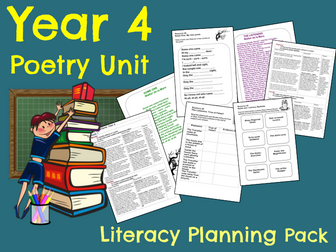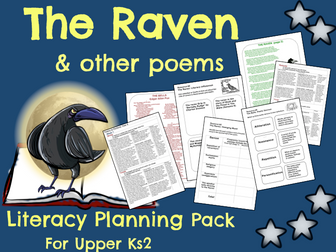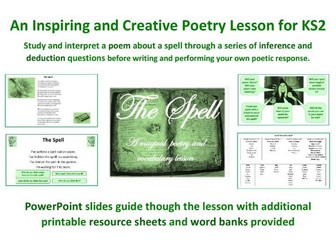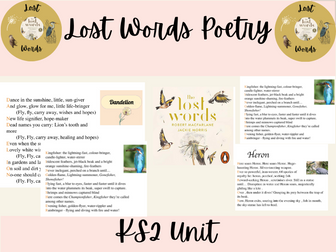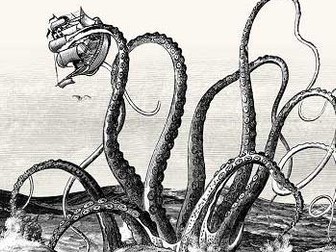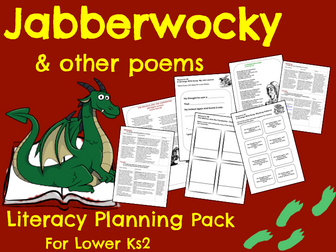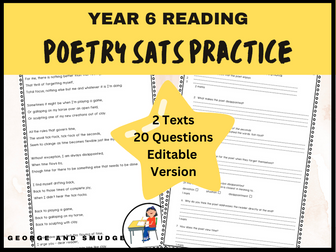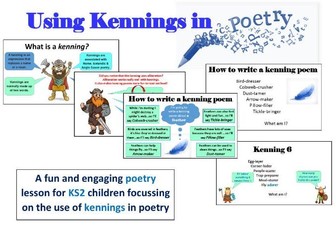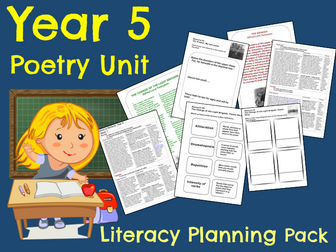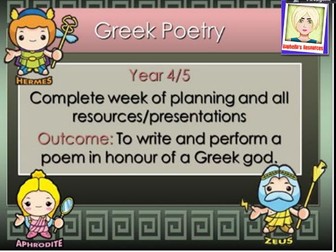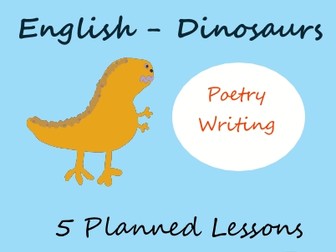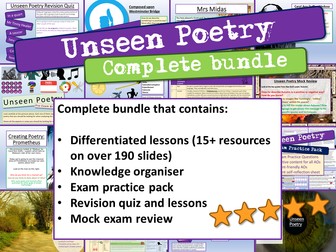
Year 4 Poetry
Very popular! Download this fun two-week unit for Year 4 based on classic performance poetry.
A two-week English unit of work for Year 4, containing lesson plans and pupil resources, looking at how this poet creates a haunted atmosphere in some of his spooky narrative poems.
In this unit pupils will:
- read and listen to classic poems by Walter de la Mare
- use inference skills to understand narrative poetry
- engage imaginatively with poetic language
- create their own versions of the one of the spooky poems
- investigate how the poet creates a haunted atmosphere
- explore how sound effects can enhance a performance
- prepare and give a performance to an audience
The poems include 'The Huntsmen', 'Some one' and 'The Listeners'
You may also like:
Year 3 Poetry Planning Pack
